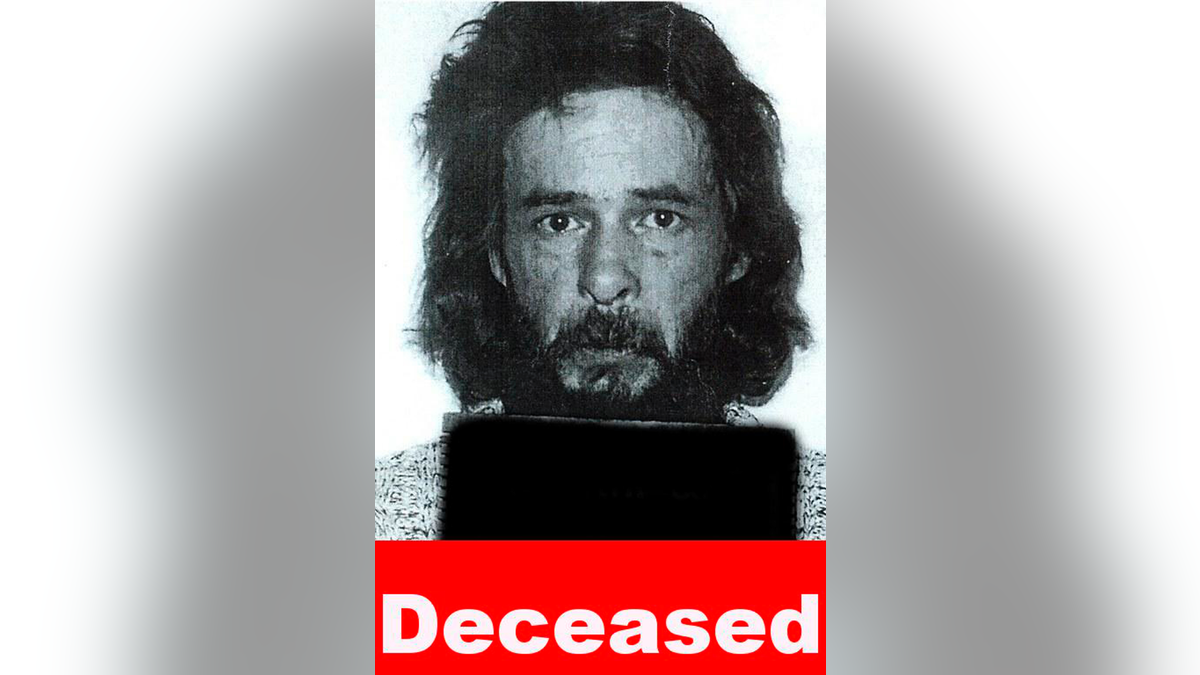
PORTLAND, Ore. – A couple who eluded arrest on multiple charges of child rape and sodomy in Oregon for nearly 20 years was discovered in Mississippi when the man died and his common-law wife used one of his aliases to make funeral arrangements, a law enforcement official said Thursday.
An undertaker in Mississippi entered the alias used by Leon Henry Shaw into a computer last week and realized Shaw was on the FBI's Most Wanted list, said Eve Costello, the Klamath County, Oregon, district attorney.
FBI agents who have been trying to track down Shaw and his partner, Victoria Michelle Cravitz, since the pair fled Oregon in 2000 moved in and arrested Cravitz. She had been living under the name Jennifer Larsen.
Cravitz made an initial court appearance in Jackson, Mississippi, Thursday on a federal charge of unlawful flight to avoid prosecution and is expected to be returned to Oregon. Federal court documents show she waived a hearing to determine her identity, as well as a preliminary hearing, and was ordered transferred by the judge.
Michael Scott, a federal public defender who represented her during the brief hearing, did not return an email requesting comment.
The arrest marks the end of a sordid story that began in 1999 when people who said they had been abused by Shaw and Cravitz as children went to authorities and said they were worried that three other children still living with the couple would also be molested, Costello said.
An affidavit submitted by an FBI special agent in 2000 in support of a criminal complaint says Oregon State Police identified four victims ranging in age from 6 to 17 who had been abused by Shaw between 1989 and 1999. One of the children was Cravitz and Shaw's daughter and Cravitz also engaged in sexual abuse, FBI Special Agent Shawna M. Carroll wrote.
Shaw and Cravitz were charged with multiple counts of rape and sodomy in Klamath County for forcing two children under the age of 10 to have sex with each other, Costello said. One of the children was also raped by an adult, she said.
Costello, who was not the district attorney at the time, said she has not had time to review the entire 254-page discovery file and didn't know if the other children were the couple's biological children or were runaways or kidnap victims.
At some point in the investigation, she said, another woman came forward to say she had been kidnapped at a young age and had borne a son fathered by Shaw. The young woman — who is not one of the two alleged victims in the current case — had escaped but her son remained in the house, Costello said.
Carroll wrote in her affidavit that Shaw fled his home on Feb. 3, 1999 during the execution of a search warrant. An acquaintance drove Shaw and Cravitz to California, where Cravitz's parents lived, two days later, she wrote. A message left at the Santa Clarita, California home of Cravitz's parents was not returned Thursday.
A fugitive warrant was issued in October 2000 and the FBI took over the search.
For years, there were no breakthroughs. At one point, Costello said her office was told they had moved to Alaska.
"They had been on the run for a long time. They always lived in rural areas," she said. "They didn't have a lot of contact with people and they moved constantly."
The couple apparently had lived south of Greenville, Mississippi, for about 15 years and supported themselves through Cravitz's work cleaning houses and Shaw's woodworking art, which he sold locally, said Brett Carr, an FBI spokesman in Mississippi.
The case cracked open when Shaw, now 72, developed a serious infection and Cravitz took him to a Mississippi hospital, where he died of natural causes.
____
Associated Press Writers Jeff Amy in Jackson, Mississippi and Steven Dubois in Portland contributed to this report.
____
An earlier version of this story incorrectly spelled the defendant's last name. The correct spelling is Cravitz.





















